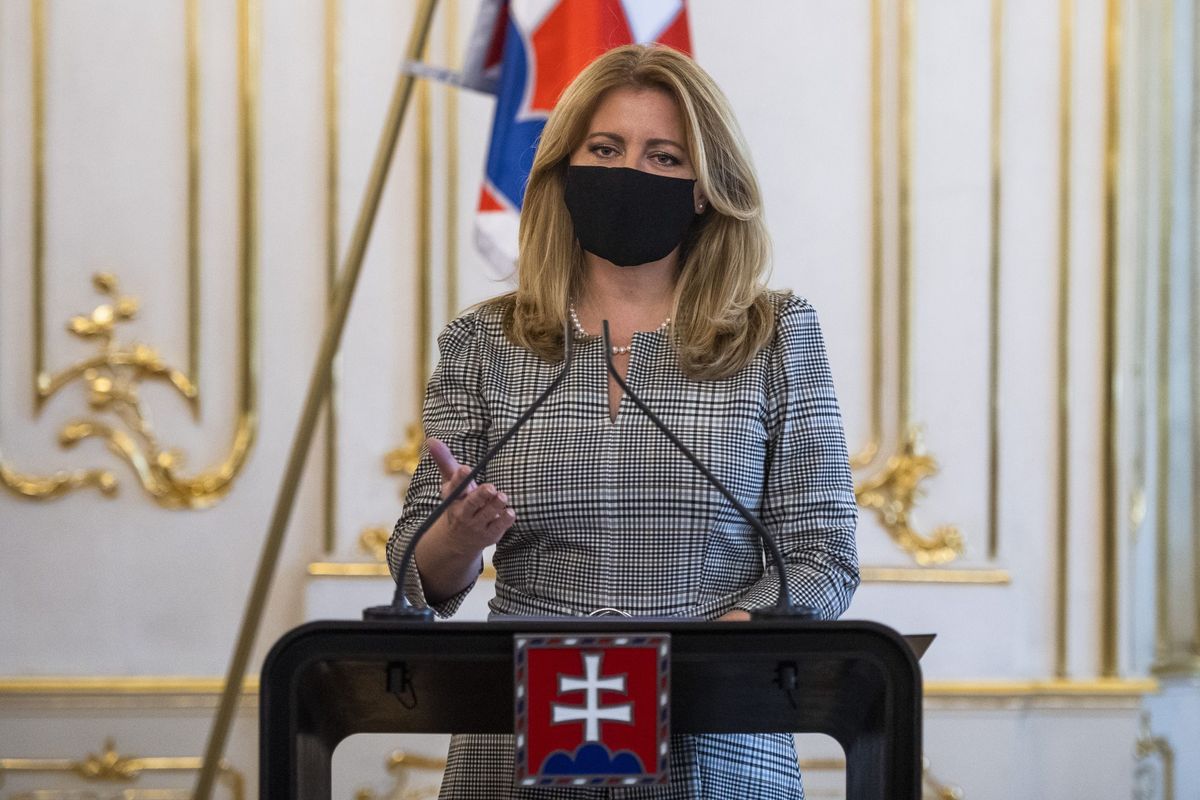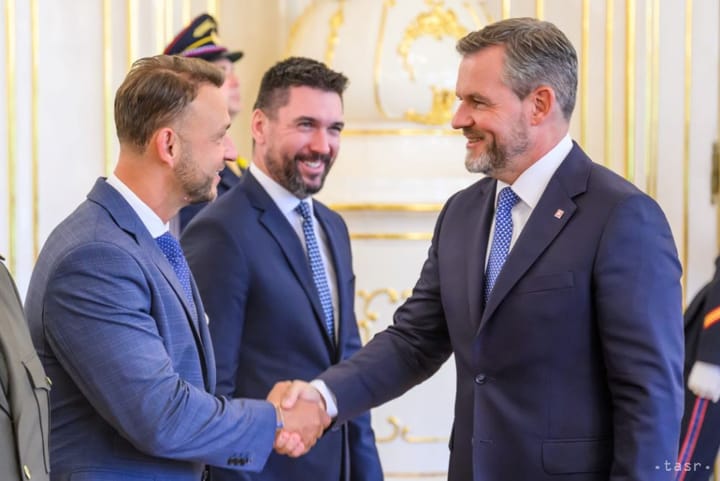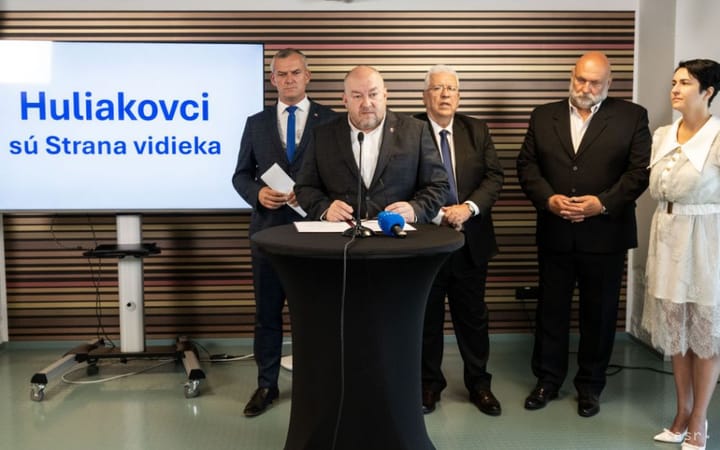President: Restoration of Trust Key for Slovakia's Revival after COVID-19

Bratislava, January 1 (TASR) – It’s vital to restore trust as a key prerequisite for the revival of Slovakia in 2021 following the tough 2020 heavily marked by the COVID-19 pandemic, said President Zuzana Caputova in her New Year’s speech on Friday afternoon.
It will be necessary to join forces, so that the unprecedented help from the Next Generation EU scheme isn’t wasted. “These billions of euros, which we’ll be able to acquire from the EU for Slovakia, will help us not only in tackling the effects of the crisis, but also deal with the causes of our vulnerability and low resilience,” she said.
The president further highlighted the necessity of an education reform and investment in innovation and new technology, so that quality projects from Slovakia could be able to reach the top world levels. She also called for specific moves in the meeting of climate goals and tackling the roots of poverty.
“Slovakia will be able to stand up on its feet only when people with the lowest incomes, who were badly hit by the coronavirus crisis, are also put on their feet,” said Caputova.
Discussing the need to restore trust, Caputova said that it’s necessary to shift the focus from blaming others to the search for solutions. According to her, the people need to be able to trust the state as being ready to help them in crises, trust that politicians’ decisions are fast enough and the best possible, and that people’s well-being, not personal interests is their key objective.
Praising scientists, besides health-care professionals, volunteers, police officers, fire-fighters and shop assistants during the coronavirus epidemic, Caputova called on the public to trust vaccines against the coronavirus.
The president at the same time criticised people “whose lack of knowledge has been supplemented by self-confident shouting”, as respect for education and expertise has been vanishing. She called for the public to be circumspect about the sources, from which they acquire information.



